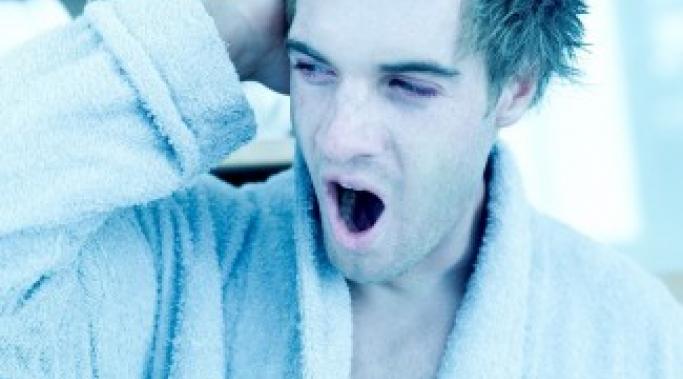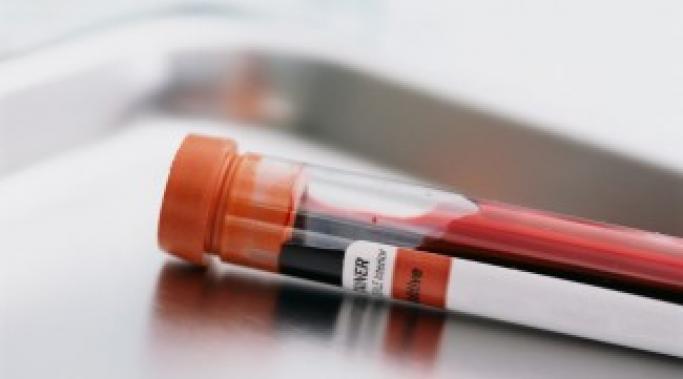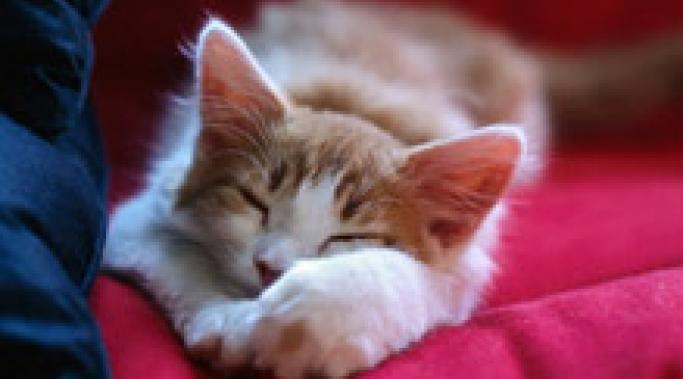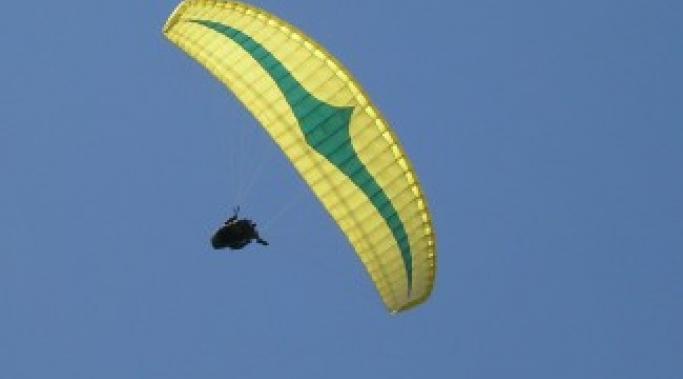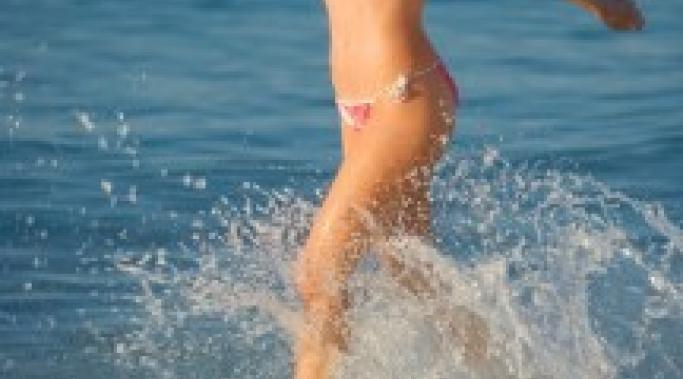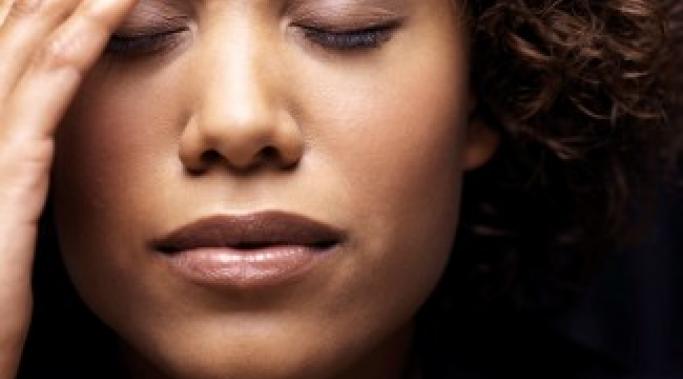I have this thing, and I don’t know if it’s the bipolar, specifically, but I get wired and tired at the same time and it sure feels bipolar-y to me.
Impact of Bipolar
About a month ago the news was awash with headlines like: This Blood Test Can Predict Suicide Risk, Scientists Say (thank you, Time.com) suggesting that, well, there was now a blood test to find out if you’re at risk for suicide.
When I heard this I thought it was so outrageous that I dismissed it out of hand. But the major news organizations reported headlines like this and people, amazingly, bought into it.
Now, I’m not saying there wasn’t a kernel of truth there, there was, but suggesting there’s a blood test for suicide is like saying there’s a blood test for people who can’t parallel park.
If there’s one thing that affects my bipolar moods above all else it is sleep. I consider getting the right amount of sleep to be critical in maintaining or achieving wellness. It’s also critical that this sleep happen at exactly the same time every night.
In short, being a control freak about sleep is a good thing.
I’ve been writing about bipolar disorder for 11 years and I’ve been a professional in the field of mental illness for about four. In other words, I’ve been thinking about bipolar disorder, a lot, for a very long time.
And I’m not the only one. Whether you happen to write about bipolar or just suffer from it, bipolar can easily inhabit your life 24/7. There’s the bipolar routine, medications, sleep cycle worries and many, many other things that, when dealing with bipolar, creep into your daily life.
But sometimes it’s really important to forget about bipolar disorder for a while.
So I’ve just returned from 10 days in Parma, Italy (see about bipolar vacation planning, here). It was a week-and-a-half of parmigiano reggiano, prosciutto di Parma, gelato and other things that only Italians really know how to make.
People often joke that they “need some time off to recover from that vacation.”
Yes, hilarious.
I’m not exactly sure what they mean by this but what I can say is that as a person with bipolar, I absolutely do need time to recuperate from a vacation.
Are you heading off for a vacay this summer? I am. Actually, I’m on mine right now. I’m writing this to you from Parma, Italy while eating some of the world’s best gelato.
And while sun and gelato and gnocchi and whatnot are worth crossing continents for, there are some things to keep in mind whether you plan on vacationing in Italy, the Tropics or two towns over. Bipolar should play a part in your vacation planning.
These days my functionality, and bipolar pain level, is fairly predictable. When I wake up, I feel pretty crummy. Slowly, as the coffee hits my system, I feel a little better and become more functional. That functionality, though, only lasts for a few hour before the bipolar pain comes raging in and I find myself too depressed, in too much pain, or too anxious to do much of anything.
In other words, midday, I know that bipolar pain is on its way. I know it’s coming. I am anticipating my bipolar pain.
But how do you handle it when you know that bipolar pain is on its way?
I’ve been having a very hard time making myself take a shower. There is nothing like knowing that your hair needs to be washed, trying to make that happen all day, and then realizing, at bedtime, that you’ve failed, again. Now, as I’ve remarked earlier, we don’t want to shower when we’re sick and this is just a part of the grand disease known as depression. I get that. But somehow, that doesn’t make me feel like any less of a failure.
Yesterday I gave a talk about bipolar disorder to a group of students in 11th grade for the Bipolar Disorder Society of British Columbia. I have given this talk many times and, in general, students love it. It might just be because they get out of math class for the day, or, possibly, I do a good job. Who can say?
We get feedback from every teen we give this talk to. After the talk, I review all the feedback and make sure there are no issues with it (such as a teen in immediate need to help). And yesterday, one of the feedback forms called me an ego-stroking b*tch.
And, I have to say, this never happens. The students are normally a very good audience and their feedback is usually quite genuine. Sometimes they have a comment on something they think can be improved, which is entirely legitimate, but never, has anyone called me a b*tch before.
Out of the class of 30, that was the only negative thing. But it’s the only thing I can think about. Between my bipolar obsessiveness and my depressive negativity, I seem to be solely focused on the negative.
Help! I can't decide what to watch! I woke up this morning, after a raft of disturbing dreams, and I realized in short order I had some extra bipolar depression to deal with. I realized this when I sat in front of my television and couldn’t decide what to watch. Or if to watch TV at all. I had a whole whack of programs recorded in front of me and every one felt “wrong.” I stared at the TV. I stared at the computer. I couldn’t make the commitment to pick up the computer nor turn to a TV show.
